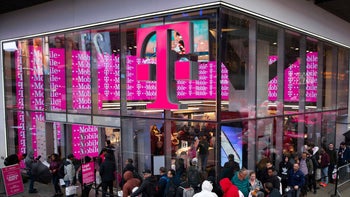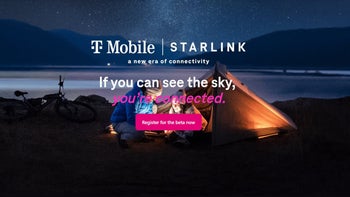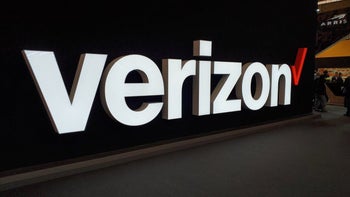T-Mobile shares how people's behavior changed since #StayAtHome took over the States

People all over the world are told to stay at home whenever possible to prevent the spread of coronavirus. As schools and offices closed, everyone had to make adjustments to their regular schedule and habits. Naturally, with millions bored at home, the fiber and mobile networks that handle internet traffic have been under strain. Netflix and YouTube even had to reduce video quality in certain areas.
In its latest blog post, T-Mobile reveals some interesting data about how traffic has changed over the last couple of weeks as people hunkered down in their homes.
Unsurprisingly, all the basic forms of communication phones provide have seen a dramatic rise:
The number of regular text messages is up 27%. MMS, which includes mainly pictures, has jumped up a staggering 77%. And proving once more that people prefer not to call unless they really have to is the small increase of time spent on voice calls: just 17%.
The good news is that people are following the advice to go out less, which T-Mobile can also track roughly. In New York, the city with the most cases in the US right now, there’s been a 86% increase in people that remained within the range of cell towers that cover their homes. The same stat has increased by 77% for the San Francisco Bay Area.
T-Mobile ensures that its network is kept in prime condition during these times of increased loads and since communications are understandably considered critical, all of the carrier’s technicians remain on duty.
Unsurprisingly, all the basic forms of communication phones provide have seen a dramatic rise:
The number of regular text messages is up 27%. MMS, which includes mainly pictures, has jumped up a staggering 77%. And proving once more that people prefer not to call unless they really have to is the small increase of time spent on voice calls: just 17%.
As expected, smartphones became the main internet provider for many people working from home. The increase in hotspot data usage is 38%. Not everyone is busy working, however, as T-Mobile’s data shows that video game traffic has jumped even more — 45%. Seems like not everyone is paying attention to their online classes.
The good news is that people are following the advice to go out less, which T-Mobile can also track roughly. In New York, the city with the most cases in the US right now, there’s been a 86% increase in people that remained within the range of cell towers that cover their homes. The same stat has increased by 77% for the San Francisco Bay Area.
T-Mobile ensures that its network is kept in prime condition during these times of increased loads and since communications are understandably considered critical, all of the carrier’s technicians remain on duty.
















Things that are NOT allowed: